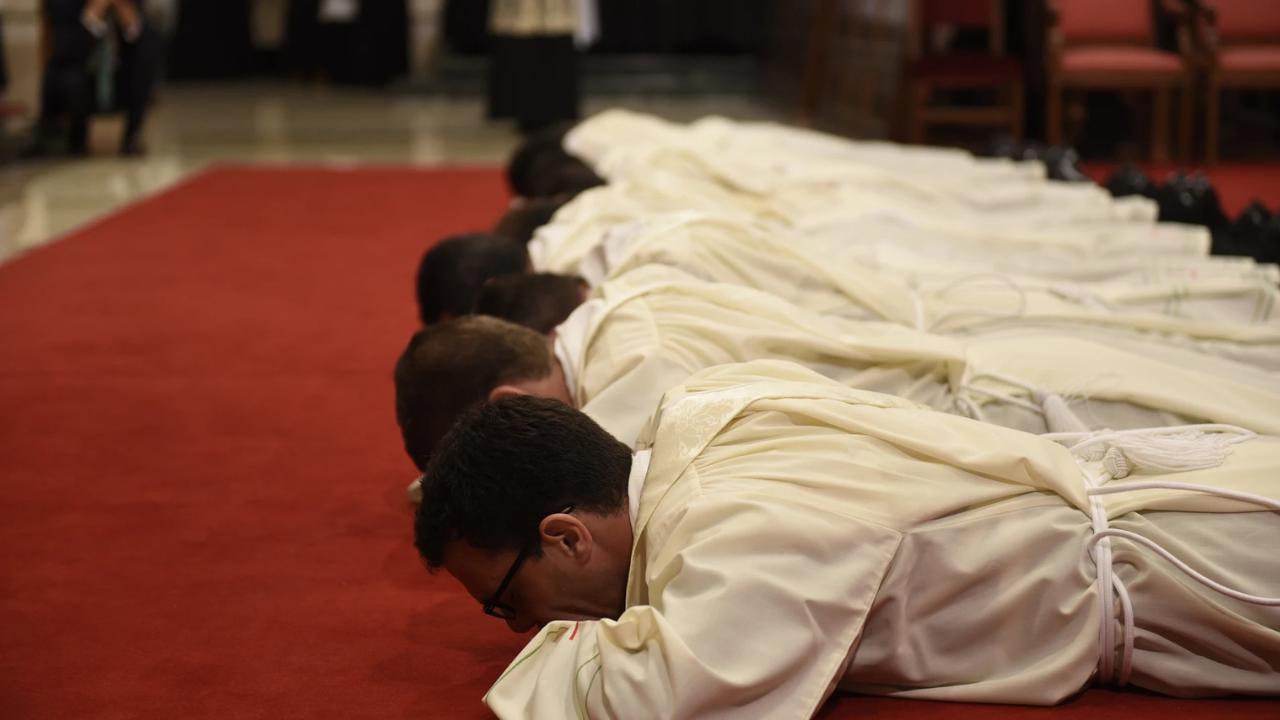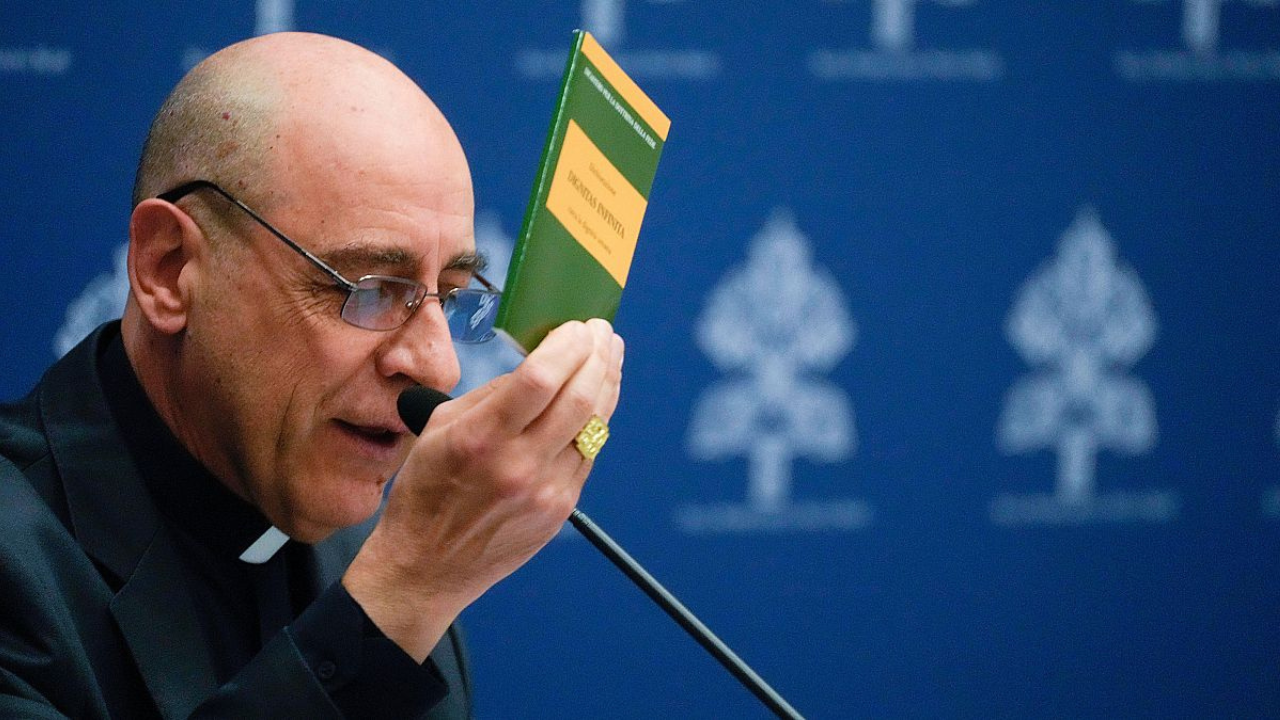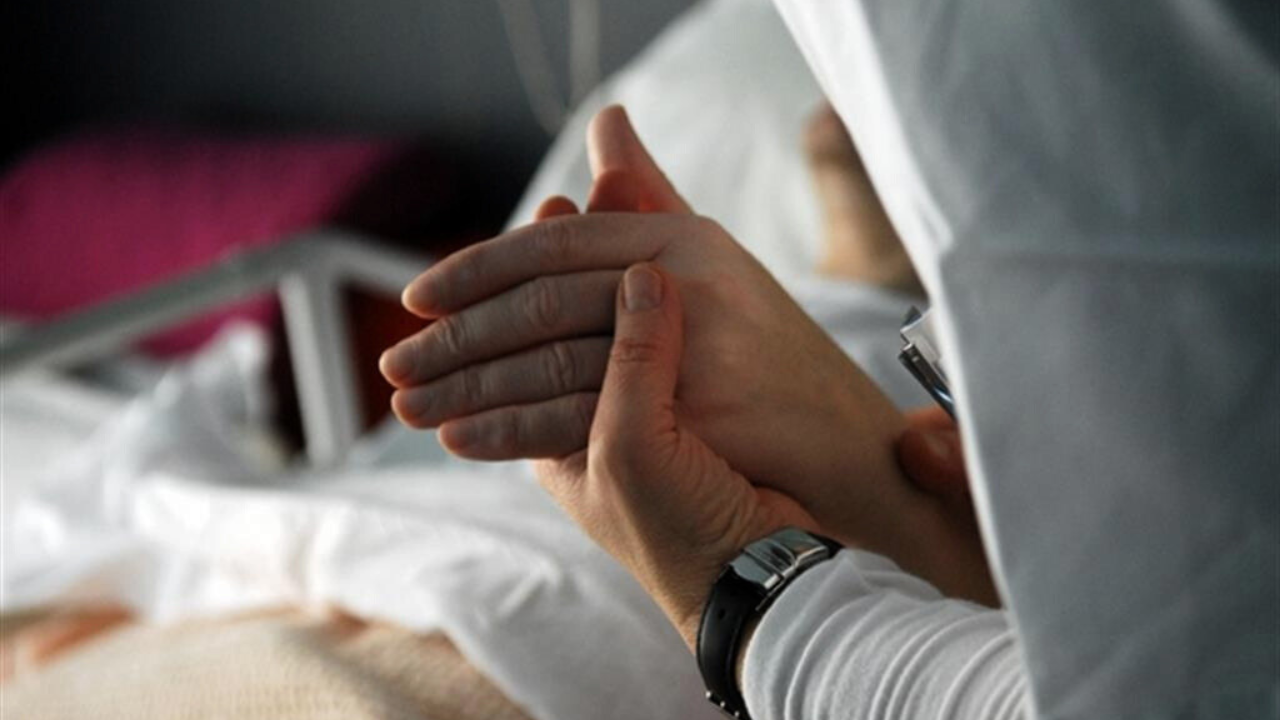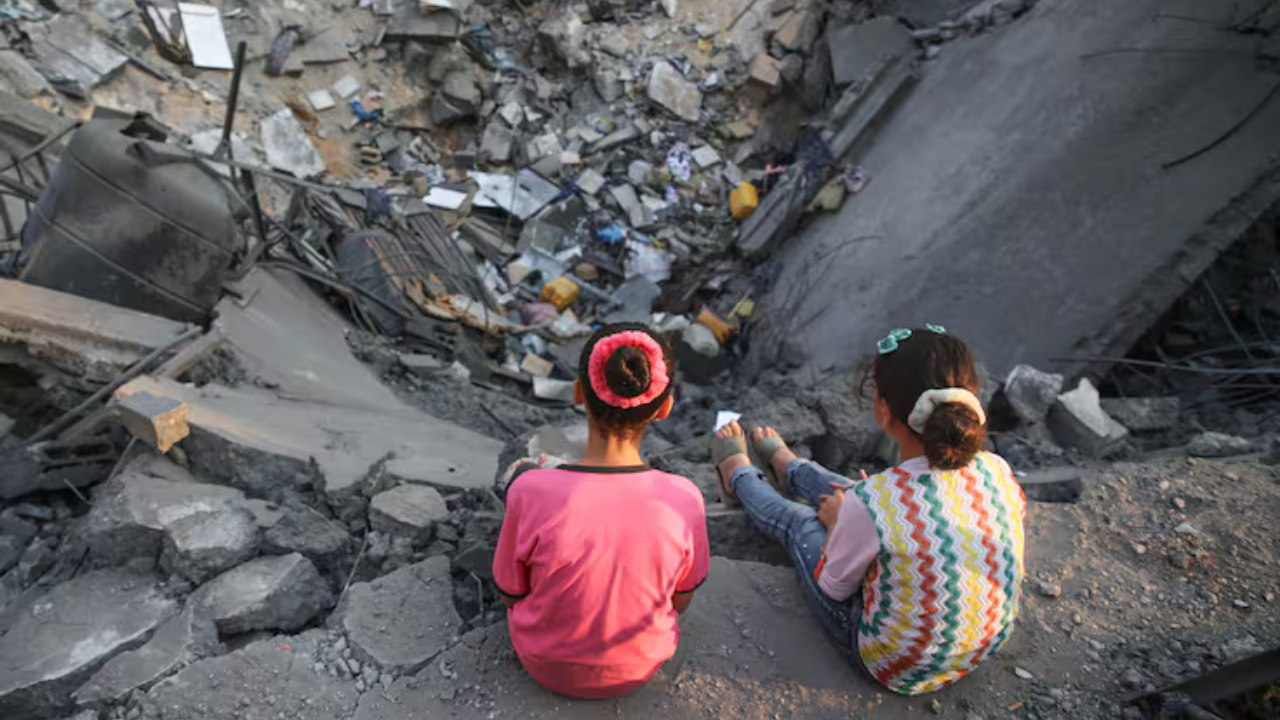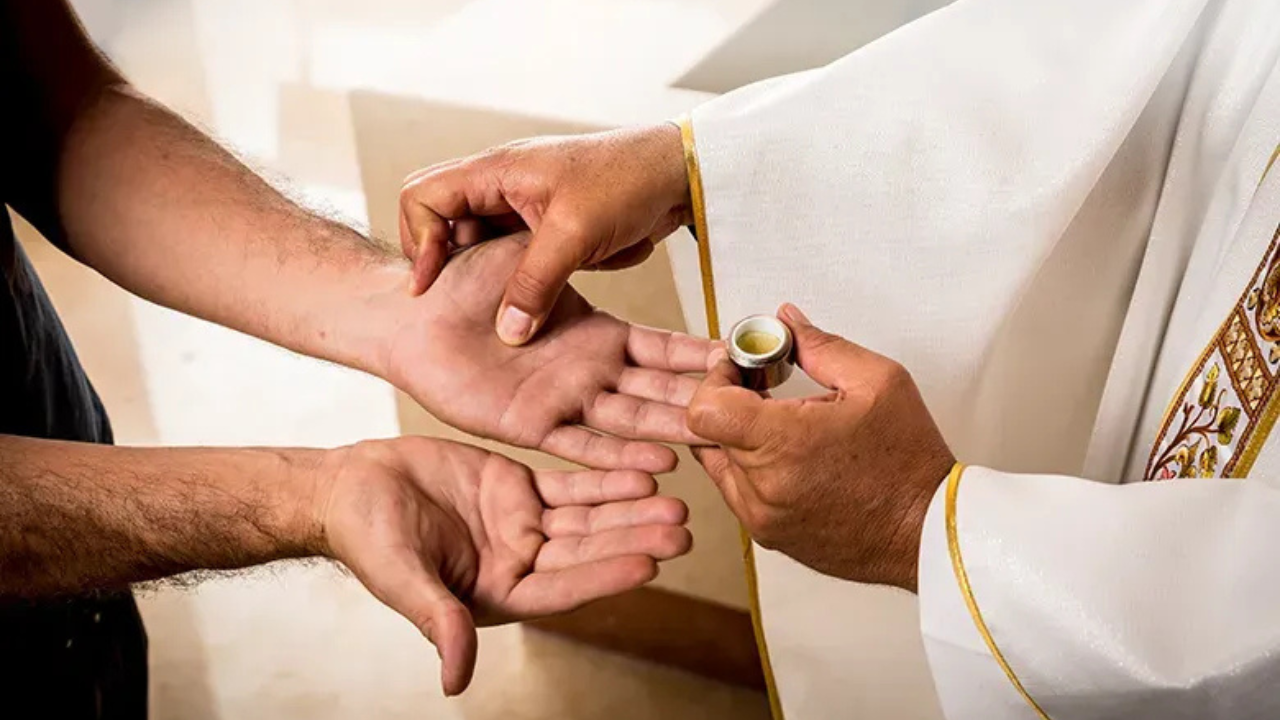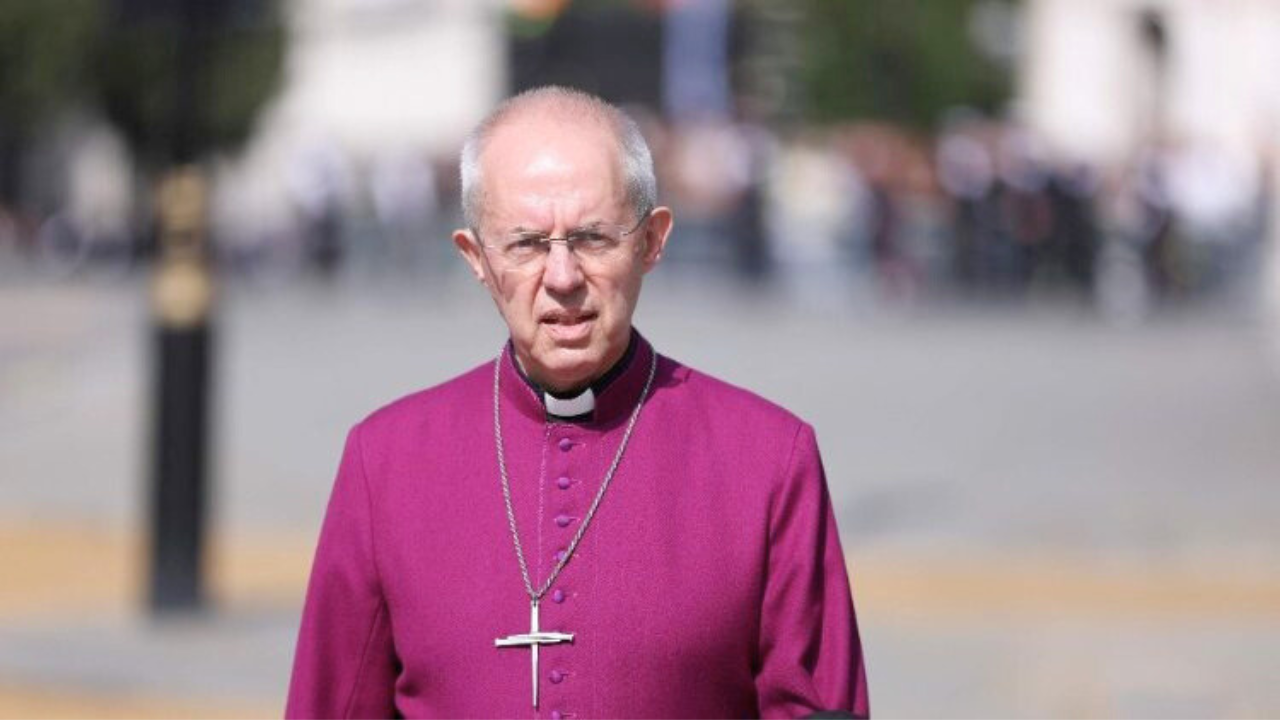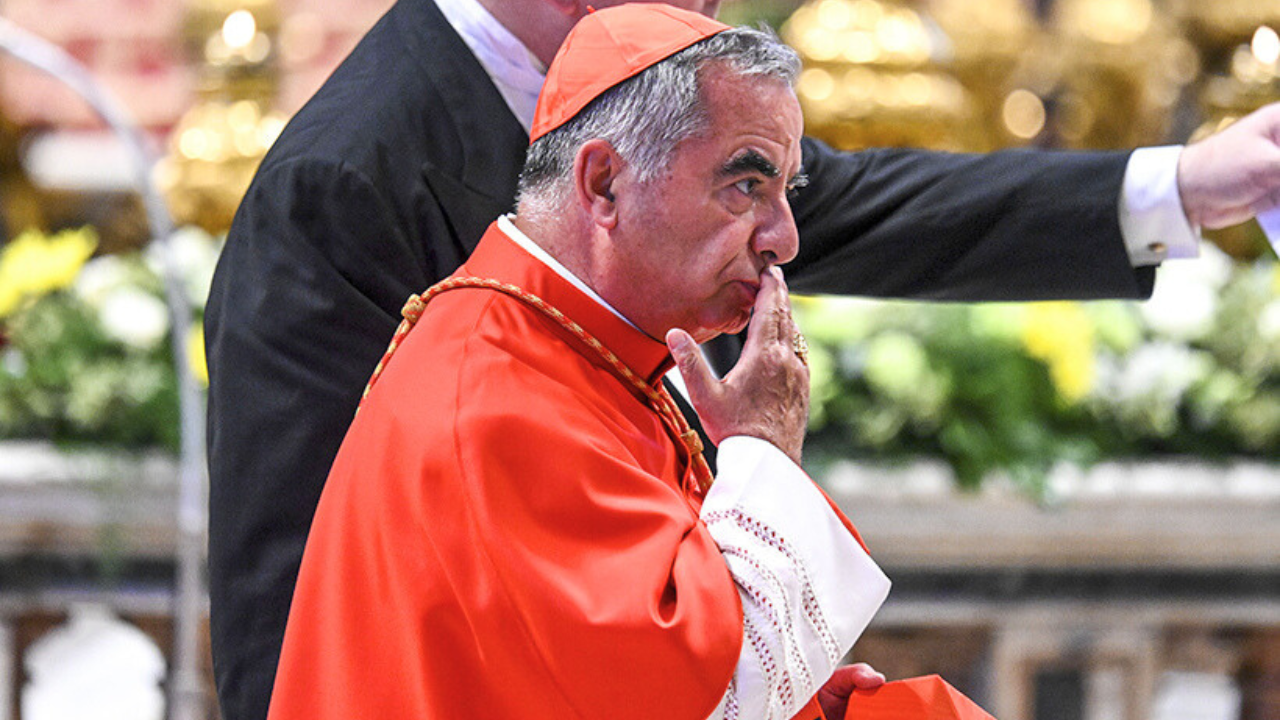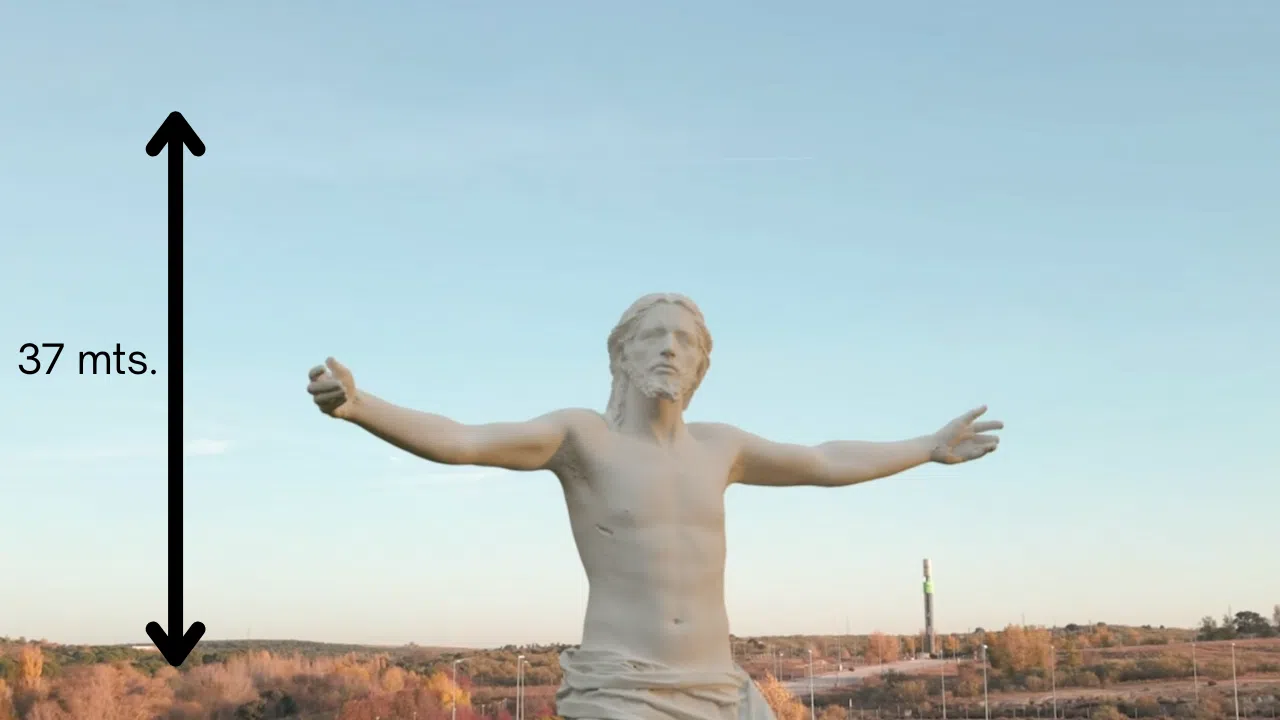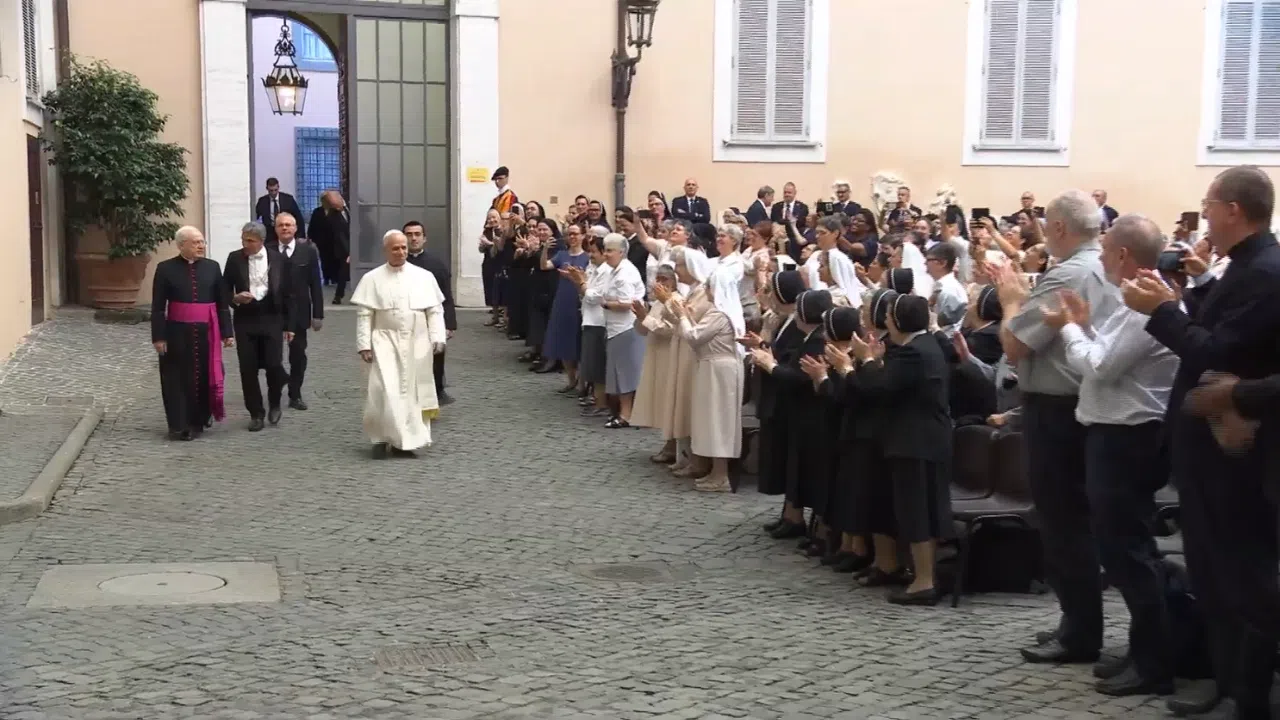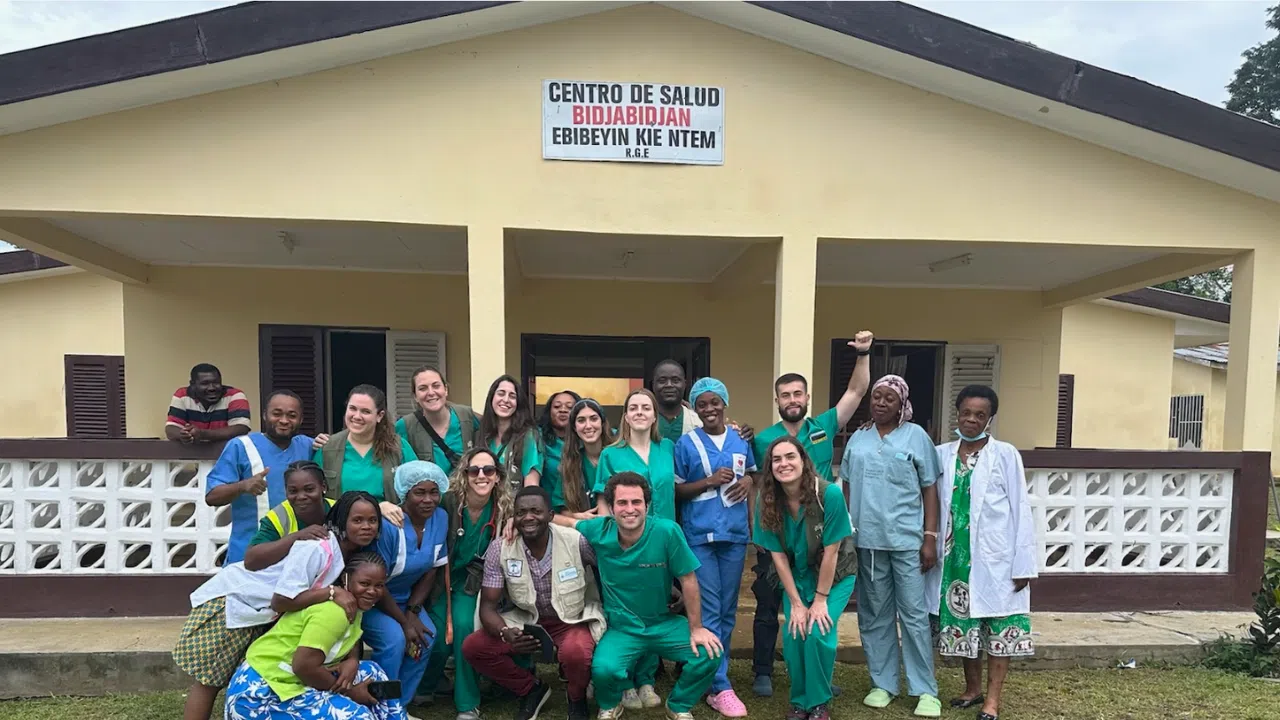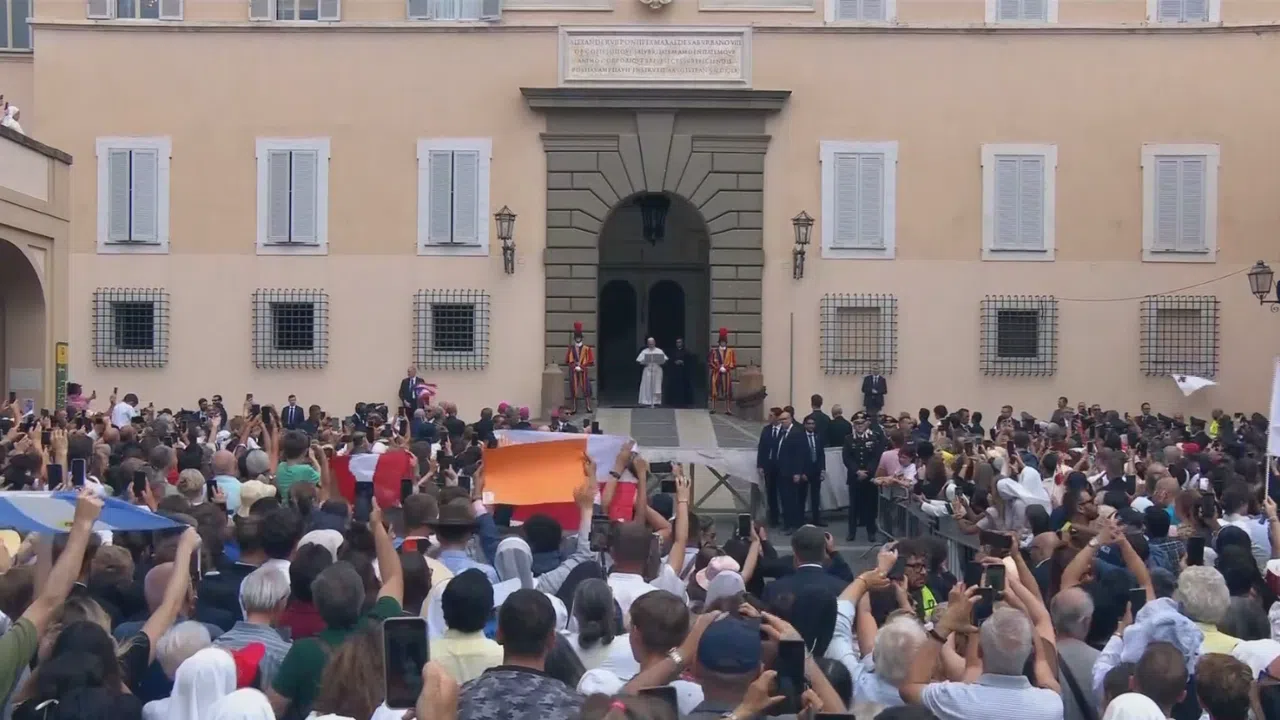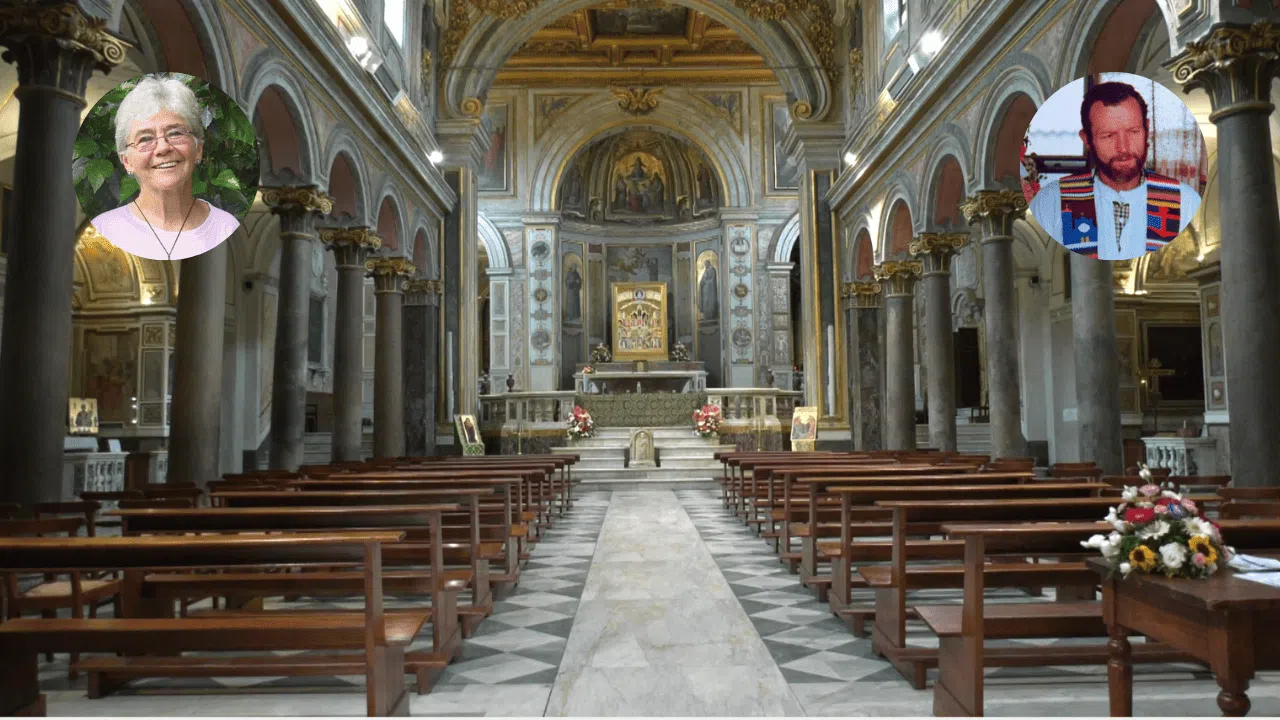The World Food Programme is running low on resources to continue to provide food aid to Madagascar, where three years of drought and the Covid-19 pandemic are accelerating the country's spiral toward a humanitarian crisis.
LOLA CASTRO
World Food Programme
(Source: WFP)
“What we are saying here is that the situation we're facing in southern Madagascar is not normal. It's very different to any normal year of crisis and that we really need to act immediately; 300,000 people need at the moment safe-living support.”
The WFP reports that more than 1.3 million people at the start of 2021 are facing food insecurity in Madagascar. Among those worst affected are the approximately 135,000 malnourished children.
LOLA CASTRO
World Food Programme
(Source: UNTV CH)
“Children have abandoned schools. Seventy-five percent of the children in this area are either begging or foraging for food.”
IKEMBA
(Source: WFP)
“When I can't go begging in the neighboring village, we have to dig under this sand without being sure to find anything. Yesterday and today I couldn't go because I feel very weak. When we don't find anything under the sand, we drink sea water. It is bad for our health, but we have no choice because otherwise we would have nothing in our stomach.”
The WFP is intensifying its efforts to raise about $35 million to fund urgently needed food and cash distributions and malnutrition treatment programs.
CT
